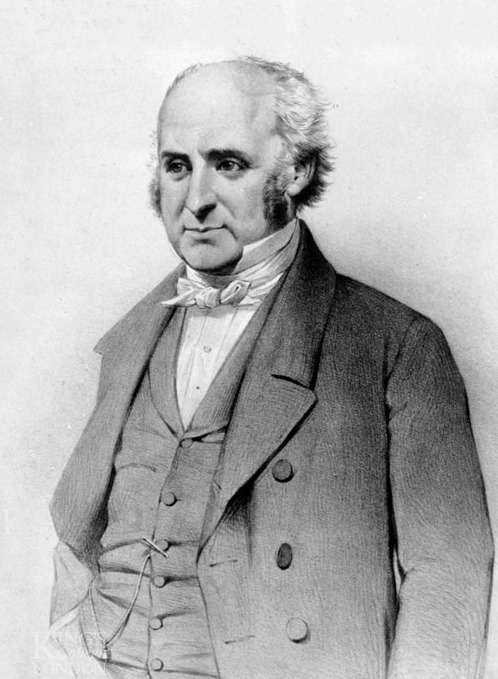Todd's paresis
(Redirected from Todd's paralysis)
Editor-In-Chief: Prab R Tumpati, MD
Obesity, Sleep & Internal medicine
Founder, WikiMD Wellnesspedia &
W8MD medical weight loss NYC and sleep center NYC
| Todd's paresis | |
|---|---|

| |
| Synonyms | Todd's paralysis, postictal paresis |
| Pronounce | N/A |
| Specialty | N/A |
| Symptoms | Temporary weakness or paralysis in a part of the body |
| Complications | N/A |
| Onset | After a seizure |
| Duration | Typically minutes to hours, rarely up to 48 hours |
| Types | N/A |
| Causes | Epileptic seizure |
| Risks | History of epilepsy |
| Diagnosis | Clinical evaluation, EEG |
| Differential diagnosis | Stroke, transient ischemic attack |
| Prevention | N/A |
| Treatment | Supportive care, anticonvulsant medication |
| Medication | N/A |
| Prognosis | Generally good, resolves on its own |
| Frequency | Occurs in a minority of people with epilepsy |
| Deaths | N/A |
A neurological condition characterized by temporary paralysis
Todd's paresis, also known as Todd's paralysis, is a neurological condition characterized by a temporary period of paralysis following a seizure. This condition is named after the 19th-century Irish physician Robert Bentley Todd, who first described the phenomenon.
Clinical presentation[edit | edit source]
Todd's paresis typically occurs after a focal seizure, particularly those involving the motor cortex. The paralysis is usually localized to one side of the body, corresponding to the side of the brain where the seizure activity occurred. The affected individual may experience weakness or complete paralysis in the arm, leg, or face. The duration of Todd's paresis can vary, but it generally lasts from a few minutes to 36 hours, with most cases resolving within 24 hours. The condition is self-limiting and does not require specific treatment, although it can be distressing for patients and caregivers.
Pathophysiology[edit | edit source]
The exact mechanism underlying Todd's paresis is not fully understood. It is believed to result from temporary neuronal exhaustion or inhibition following the intense electrical activity of a seizure. This postictal state leads to a transient disruption in the normal functioning of the affected neurons, resulting in temporary paralysis.
Diagnosis[edit | edit source]
Diagnosis of Todd's paresis is primarily clinical, based on the history of a recent seizure and the presence of postictal paralysis. It is important to differentiate Todd's paresis from other causes of sudden paralysis, such as a stroke. Neuroimaging techniques, such as MRI or CT scan, may be used to rule out other conditions.
Management[edit | edit source]
Management of Todd's paresis involves supportive care and reassurance. Since the condition is self-limiting, no specific treatment is required. However, addressing the underlying cause of the seizures, such as epilepsy, is crucial to prevent future episodes. Patients may benefit from antiepileptic drugs to control seizure activity.
See Also[edit | edit source]
Search WikiMD
Ad.Tired of being Overweight? Try W8MD's physician weight loss program.
Semaglutide (Ozempic / Wegovy and Tirzepatide (Mounjaro / Zepbound) available.
Advertise on WikiMD
|
WikiMD's Wellness Encyclopedia |
| Let Food Be Thy Medicine Medicine Thy Food - Hippocrates |
Translate this page: - East Asian
中文,
日本,
한국어,
South Asian
हिन्दी,
தமிழ்,
తెలుగు,
Urdu,
ಕನ್ನಡ,
Southeast Asian
Indonesian,
Vietnamese,
Thai,
မြန်မာဘာသာ,
বাংলা
European
español,
Deutsch,
français,
Greek,
português do Brasil,
polski,
română,
русский,
Nederlands,
norsk,
svenska,
suomi,
Italian
Middle Eastern & African
عربى,
Turkish,
Persian,
Hebrew,
Afrikaans,
isiZulu,
Kiswahili,
Other
Bulgarian,
Hungarian,
Czech,
Swedish,
മലയാളം,
मराठी,
ਪੰਜਾਬੀ,
ગુજરાતી,
Portuguese,
Ukrainian
Medical Disclaimer: WikiMD is not a substitute for professional medical advice. The information on WikiMD is provided as an information resource only, may be incorrect, outdated or misleading, and is not to be used or relied on for any diagnostic or treatment purposes. Please consult your health care provider before making any healthcare decisions or for guidance about a specific medical condition. WikiMD expressly disclaims responsibility, and shall have no liability, for any damages, loss, injury, or liability whatsoever suffered as a result of your reliance on the information contained in this site. By visiting this site you agree to the foregoing terms and conditions, which may from time to time be changed or supplemented by WikiMD. If you do not agree to the foregoing terms and conditions, you should not enter or use this site. See full disclaimer.
Credits:Most images are courtesy of Wikimedia commons, and templates, categories Wikipedia, licensed under CC BY SA or similar.
Contributors: Prab R. Tumpati, MD

